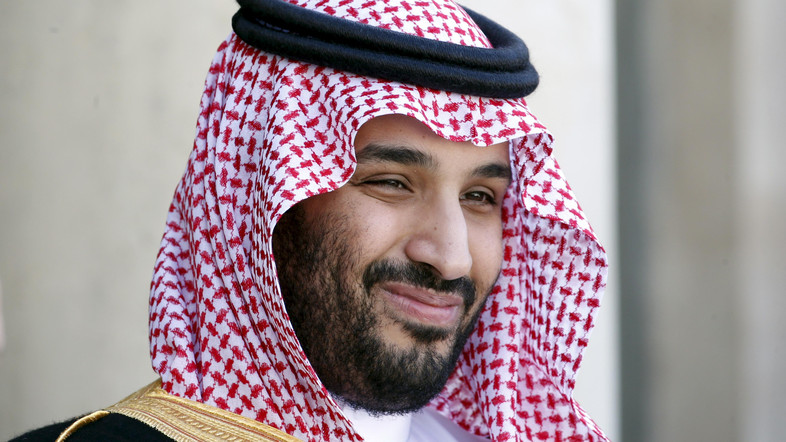Riyadh- Deputy Crown Prince Mohammed Bin Salman, in an interview with the Bloomberg news agency, signaled out that he would support women. “We believe women have rights in Islam that they’ve yet to obtain,” he said.
Prince Mohammed said that he has no problem with the official religious authority on the issue of women driving. However, the problem is that he’s “working to resolve with those who distort the facts of the religious establishment so that women don’t get their complete rights granted to them by Islam.”
Bloomberg also published an American former officer, who recently met the Deputy Crown Prince, saying that Prince Mohammed is willing to permit women driving privileges; however, he awaits the opportune moment to discuss the topic with the religious authorities.
The interview also addressed the “Vision for the Kingdom of Saudi Arabia”, which will be announced on April 25th which includes establishing the world’s greatest sovereign wealth fund.
According to Bloomberg, the fund is expected to hold over two trillion dollars in assets, an amount enough to purchase Apple, Google, Microsoft and Berkshire Hathaway.
The news agency also went on to say that Prince Mohammed Bin Salman holds the strings to change in the region. Western diplomats in Riyadh call him Mr. Everything, Bloomberg said.
Last year, near-panic struck among the Prince Mohammed’s advisers as they discovered that Saudi Arabia was burning through its foreign reserves faster than anyone knew, with insolvency only two years away. Plummeting oil revenue had resulted in an almost $200 billion budget deficit—a preview of a future in which the Saudis’ only viable export can no longer pay the bills, whether because of oil flooding the market or climate change policies. Historically, Saudi Arabia has relied on the petroleum sector for 90 percent of the state budget, almost all its export earnings, and more than half its gross domestic product.
Prince Mohammed Bin Salman’s plan includes an IPO that could sell off “less than 5 percent” of Saudi Aramco, the national oil producer, which will be turned into the world’s biggest industrial conglomerate. The fund will diversify into nonpetroleum assets, cutting down the kingdom’s nearly total dependence on oil for revenue. The tectonic moves “will technically make investments the source of Saudi government revenue, not oil,” the prince says. “So within 20 years, we will be an economy or state that doesn’t depend mainly on oil,” Bloomberg reported.
He also talked about his bond with the late King Abdullah who, after some initial differences, became his best mentor.
Bloomberg quoted the deputy crown prince saying that King Abdullah once banned him, when he was 26, from entering the Defense Ministry after rumors reached the royal court that the prince was disruptive. Later, they grew close, bound by a shared belief that Saudi Arabia must fundamentally change, or else face ruin in a world that is trying to leave oil behind.
For two years, encouraged by the king, the prince had been quietly planning a major reform of Saudi Arabia’s government and economy, aiming to fulfill what he calls his generation’s “different dreams” for a post-carbon future.
